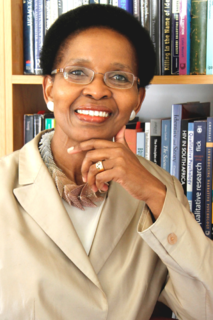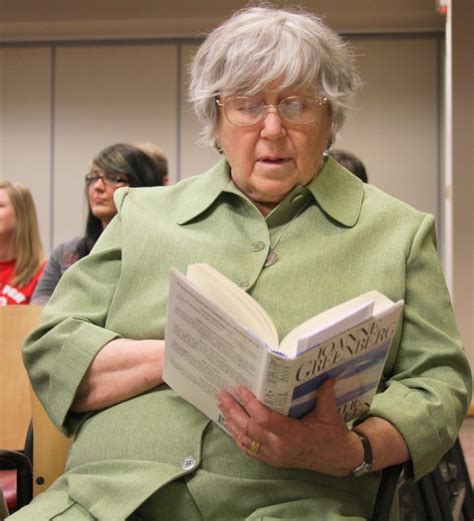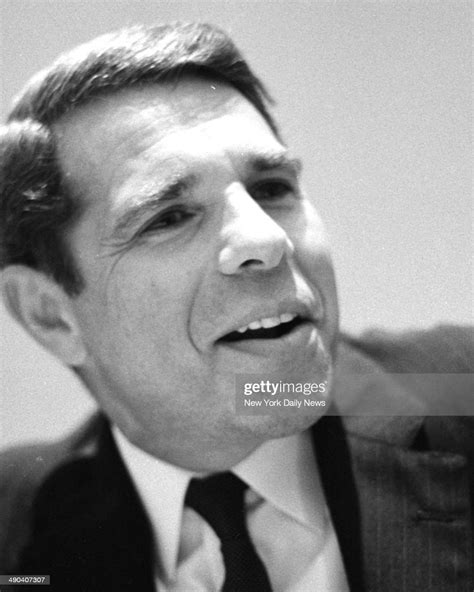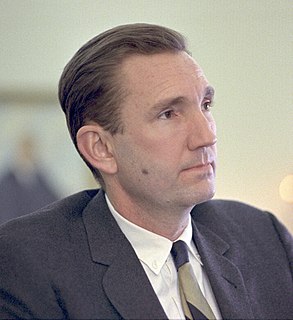A Quote by Andy Ngo
It is known that some victims don't report crimes against their perpetrator. Many fear that they will not be believed. What is less understood is why anyone might expect people to believe they're the victim of a crime in the absence of evidence.
Related Quotes
Robert Nozick [a Havard philosopher, famous for his book "Anarchy, State and Utopia"] defined revenge as delivering the message that you know what someone has done, and it doesn't involve hurting them or doing anything to them beyond that. It's just delivering the message that their crime has been noted not just by its victims, because the victim might be dead, but by another who has a different moral view and will challenge the perpetrator's view.
Sixty million people died in the Second World War. World War II was a gigantic crime. We condemn it all. We are against bloodshed, regardless of whether a crime was committed against a Muslim or against a Christian or a Jew. But the question is: Why among these 60 million victims are only the Jews the center of attention?
If there were even one spark of evidence from antiquity that Jesus even may have gotten married, then as a historian, I would have to weigh this evidence against the total absence of such information in either Scripture or the early church traditions. But there is no such spark-not a scintilla of evidence-anywhere in historical sources. Even where one might expect to find such claims in the bizarre, second-century, apocryphal gospels...there is no reference that Jesus ever got married.
Courage is resistance to fear, mastery of fear - not absence of fear. So many look to eradicate fear from their lives, when that is an impossible task. You can certainly experience moments in absence of fear, however accept that fear will be with you whenever you are in the process of living creatively. The challenge is to go ahead regardless, simply notice the feeling and manage being courageous.
If no one remembers a misdeed or names it publically, it remains invisible. To the observer, its victim is not a victim and its perpetrator is not a perpetrator; both are misperceived because the suffering of the one and the violence of the other go unseen. A double injustice occurs-the first when the original deed is done and the second when it disappears.
It is very tempting to take the side of the perpetrator. All the perpetrator asks is that the bystander do nothing. He appeals to the universal desire to see, hear, and speak no evil. The victim, on the contrary, asks the bystander to share the burden of pain. The victim demands action, engagement, and remembering.
Our emotions may cry for vengeance in the wake of a horrible crime, but we know that killing the criminal will not undo the crime, will not prevent similar crimes by others, does not benefit the victim, destroys human life and brutalizes society. If we are to still violence, we must cherish life. Executions cheapen life.
But what, after all, is faith? It is a state of mind that leads people to believe something - it doesn't matter what - in the total absence of supporting evidence. If there were good supporting evidence then faith would be superfluous, for the evidence would compel us to believe it anyway. It is this that makes the often-parroted claim that 'evolution itself is a matter of faith' so silly. People believe in evolution not because they arbitrarily want to believe it but because of overwhelming, publicly available evidence.
































